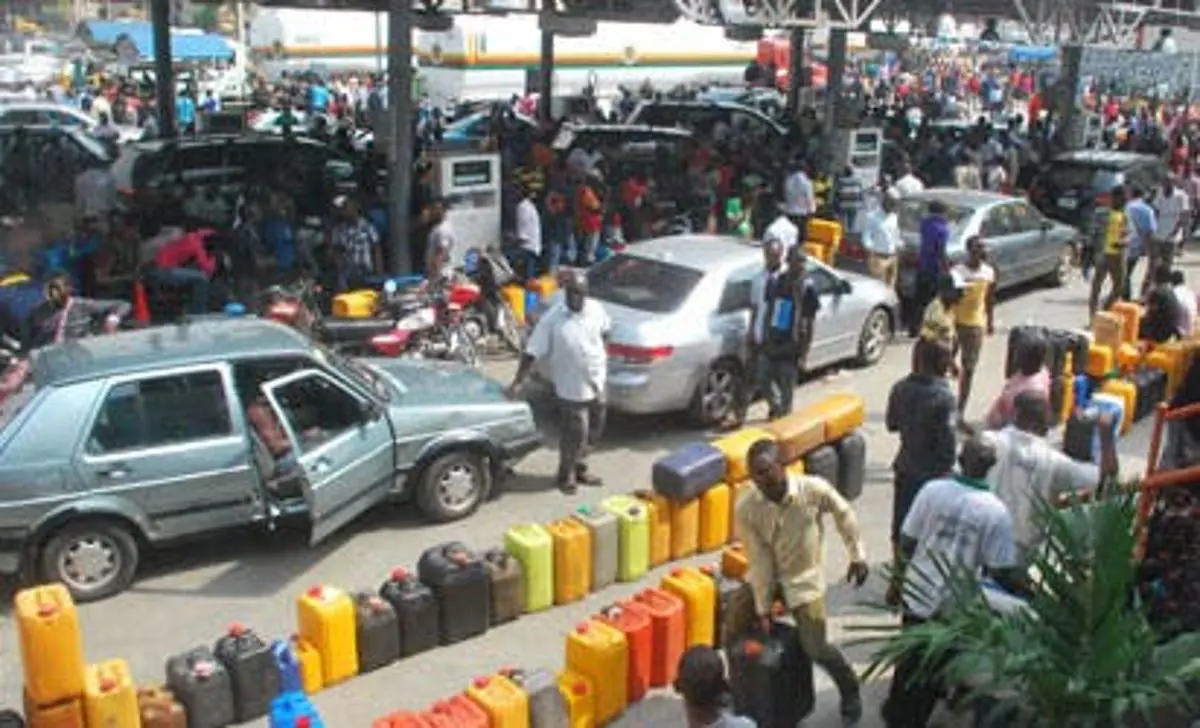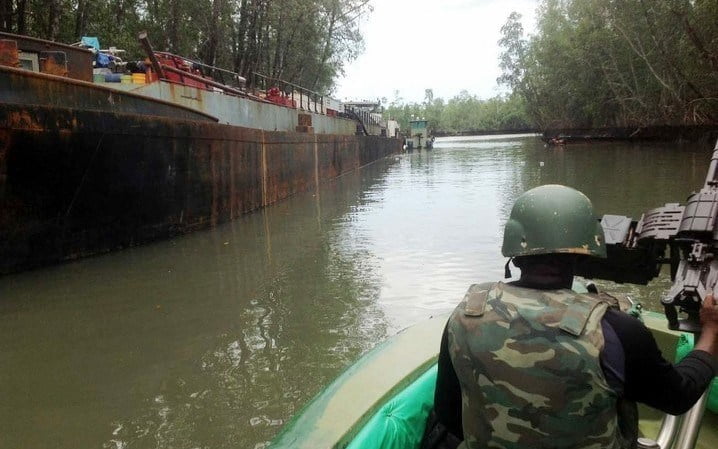Residents of Osogbo, the Osun State capital, have decried the current fuel scarcity facing the town.
They also lamented the high cost of commuting within and outside the state capital.
Speaking with DAILY POST on Monday, they lamented that the fuel issue has become a sore that has refused to heal even with different government interventions.
A civil servant, simply identified as Michael, lamented that he spent N1,000 to get to the Osun State Government Secretariat from his residence at Ayekale area.
“I took a commercial motorcycle to Ikirun road where I boarded a minibus to Abere. In all I’ve spent more than N1,000 to get to the office this morning. Only God knows how much I will spend at close of work because that is usually the rush hour.
“What is happening in Osogbo with regards to the high cost of everyday item is alien to us. I don’t know if we can cope with it,” he said.
Similarly, Tosin Odejimi, who revealed that he comes to Osogbo from Ife on a daily basis due to an academic engagement said he was not sure he will be able to make classes with the high cost of transportation.
“I could not board a bus from the motorpark from Ife to Osogbo today. It was N1,500 which is too expensive for me. I made do with staying by the road side to flag down an oncoming bus.
“I pray that by the time I go back at the end of classes, I will get a bus going to Ife at N1,000.
“The more it gets dark, the more expensive it becomes,” he said.
Clement Ogunsusi, another civil servant, disclosed that if the situation remains the same by the end of the week, he will have to park his car and make do with public transportation.
This he said is due to the high cost and scarcity of petrol in Osogbo.
A parent, Kafayat Lawal, also revealed that her children would stay at home throughout the week.
According to her, “I never expected my experience on Monday. I was so discouraged that I almost took my children back home. I do not want to experience that stress again. Transportation was so high and on the first day of school resumption.
“Government should do something because it is really bad.”
Checks by DAILY POST revealed that Owode-Ede to Olaiya Junction which was N200 last week had jumped to N300.
Minibus fare from House of Assembly junction to the state government secretariat goes for N200 rather than the old cost of N100.
Ogo-Oluwa to Technical College goes for N300 rather than the old rate of N200 while Technical College to Ogo-Oluwa goes for N250.
Also, Ogo-Oluwa to Olaiya Junction which last week was N100 had gone up to N200.
Commerical motorcyclists plying different routes within Osogbo have also increased their fares by 200 per cent depending on the route.
Also, long queues have started to surface in filling stations while others were deserted.
Some of the motorists lamented that the cost of PMS per litre was nearing the N800 mark.
DAILY POST recalled that on Sunday, the Osun State Government, through its taskforce on Petroleum Price Monitoring, on Sunday, warned owners of petrol stations across the State against hoarding petroleum products to create artificial scarcity.
The warning was issued in a statement by the taskforce Chairman and the Chief of Staff to the State Governor, Kazeem Akinleye.
The government said it came to the decision to issue the warning after surveillance reports indicated a trend towards hoarding of petrol by marketers.
The state government, while reminding marketers of the already harsh economic situation on the members of the public, urged them to be public spirited in their pricing of petroleum products, the taskforce.
The government also warned that hoarders arrested will face the full wrath of the law.
Osun residents decry high transport fares, petrol price



